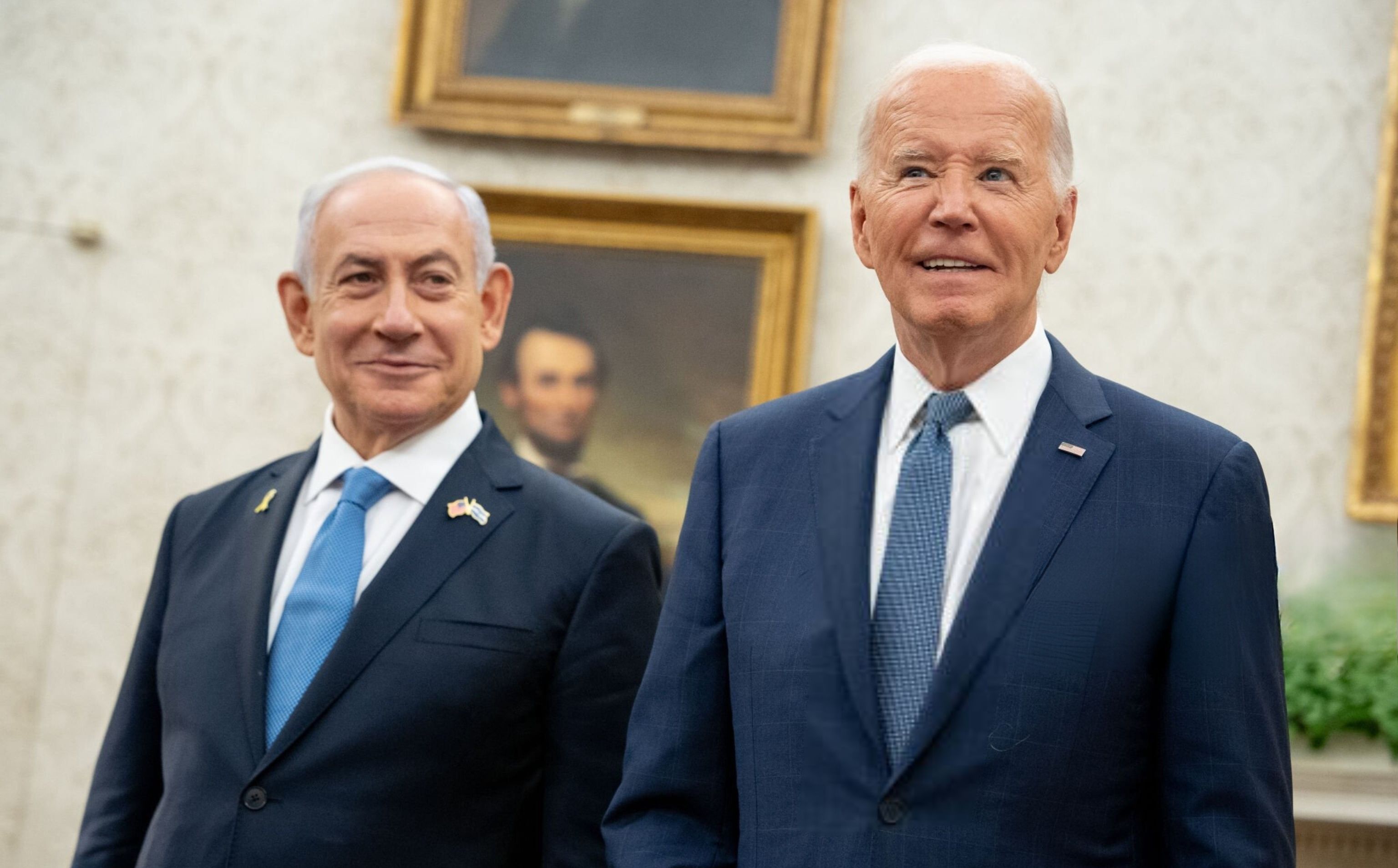“Isolationism” is back in vogue in American political discourse. Not as a policy (by some measures, the United States has been at war for 93% of its history, with no sign of stopping), but as a term of abuse.
From Kamala Harris to Condoleezza Rice, accusations of isolationism are once again weaponized to discredit calls for a more restrained foreign policy. Yet it is not the so-called isolationists who threaten the United States with isolation on the world stage. Paradoxically, it is the self-appointed anti-isolationists, rather than those calling for a reconsideration of America’s role in the world, who have left America more isolated than ever.
This is not the isolation of a country that turns inwards and to its own problems. It is the isolation that comes when the global majority perceives you as — let’s not mince words — a militaristic country that eschews diplomacy and is beset by its own problems with democracy and human rights.
One need not agree with this assessment. But Americans need to understand just how widespread such opinions have become outside the U.S., and increasingly also within it. We need to understand just how isolated America has become after decades of “anti-isolationist” leadership. American leaders have bombed more than 30 countries since 1946, and have conducted near constant regime change operations in the same period (the Washington Post has the number at 72 times between 1945 to 1991). We have conducted overseas military interventions 251 times between 1991 and 2022, according to the Congressional Research Service. When we include the British Empire, there are few countries that have not suffered, at one time or another, at the hands of Anglo-Saxons. One can therefore forgive much of the “Global South,” most of which is comprised of former Western colonies, for seeing America’s chief export as terror, exploitation, and destruction.
These views predated October 7th and the subsequent assault on Gaza, which has killed at least 42,000 and wounded nearly 100,000, the vast majority civilians. After a year of constant bombing, rampant disease, and famine, the true toll is almost certainly many multiples of the official numbers.
U.S.-Israeli narratives regarding the necessity of continuing what many consider a genocide fall flat across the formerly colonized world, and increasingly also in America, where President Biden’s Middle East policy has alienated a generation of voters. With actions that even ex-CIA directors call terrorism now barreling down upon Lebanon and potentially Iran, and with storms of American-made, multi-ton bombs raining down upon civilian infrastructure in southern Beirut, global perceptions of the U.S. are on a glide path from horror to rage making it, well, extremely isolated.
Washington and much of the media continue to insist that America maintains unshakable alliances with the richest and most powerful countries in the world. In reality, these alliances now consist of a handful of states, almost all former colonial powers, which make up a fraction of the global population and whose demographics, militaries, and economies have been declining for years. Add to this the wave of anti-“globalist” sentiment across Europe and North America, and NATO’s much vaunted unity could collapse under ballots rather than bombs. Should the much ballyhooed “Article 5” be invoked against Russia or China, you can bet that many NATO members — Turkey and Hungary for certain, but many others if the far-left and far-right continue to gain electoral ground in Europe — would not heed the call. Such an abandonment would open the door for further defections from an alliance whose most recent accomplishment, in the minds of a growing number of Europeans, has been the economic devastation wrought by electively closing the continent to the cheap Russian energy.
Americans might worry when their country’s standing in the eyes of the world is in free fall. We might worry when our most consistent allies at the United Nations are tiny states whose economies would collapse without U.S. largesse, when our closest counterparts cannot stand with us on critical policy decisions, and when a number of our most important client states (Jordan and Egypt, for example) are hemorrhaging popular support as a consequence of (in the eyes of many ordinary Egyptians and Jordanians) their autocratic leaders’ vassal-like obedience to Washington’s war aims.
Even the initial global support for our policy in Ukraine has weakened, with much of the Global South (and an increasing number of Americans and Europeans) viewing the war, however unfounded, as provoked by Washington and waged for the sake of gaining control of Ukraine’s trillions in natural resources. Even if we vehemently disagree with such assessments, we cannot close our eyes to them.
America remains powerful. But it is not powerful enough to go it alone. As we lurch closer to WWIII, the real question for U.S. foreign policy is not between “isolationism” or “internationalism," it is between continuing on a path that has left us increasingly isolated on the world stage, or taking up the difficult task of recalibrating what American leadership means at a global scale. If such a recalibration is foreclosed, if anti-war — or simply pro-prudence — voices continue to be ridiculed, vilified, and silenced, then isolationism will indeed be our undoing. Just not in the way that the anti-isolationists expect.
















